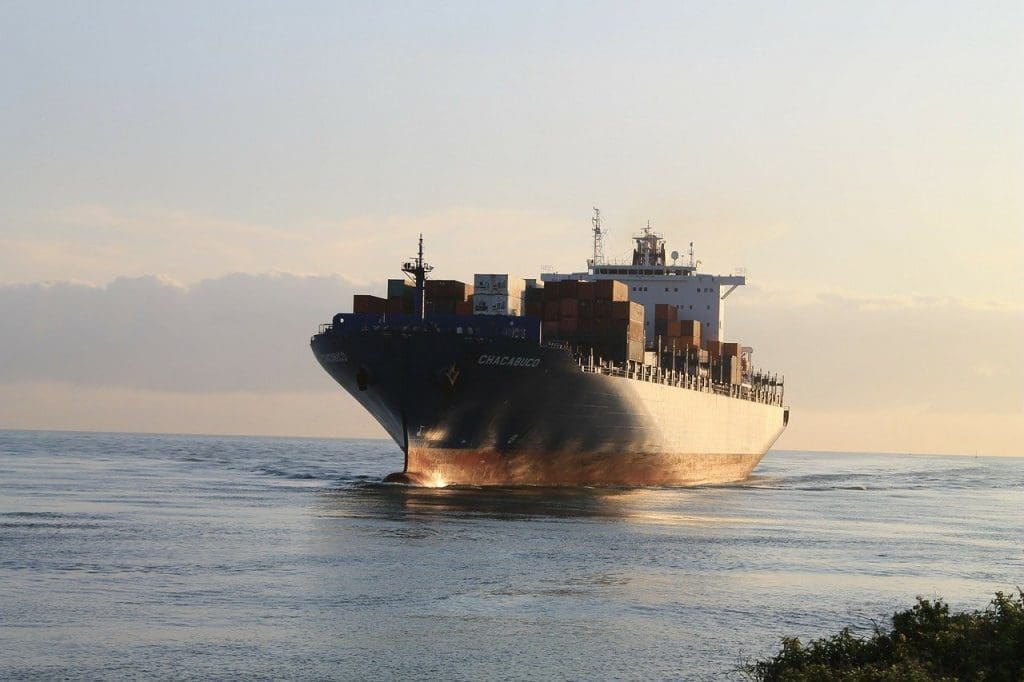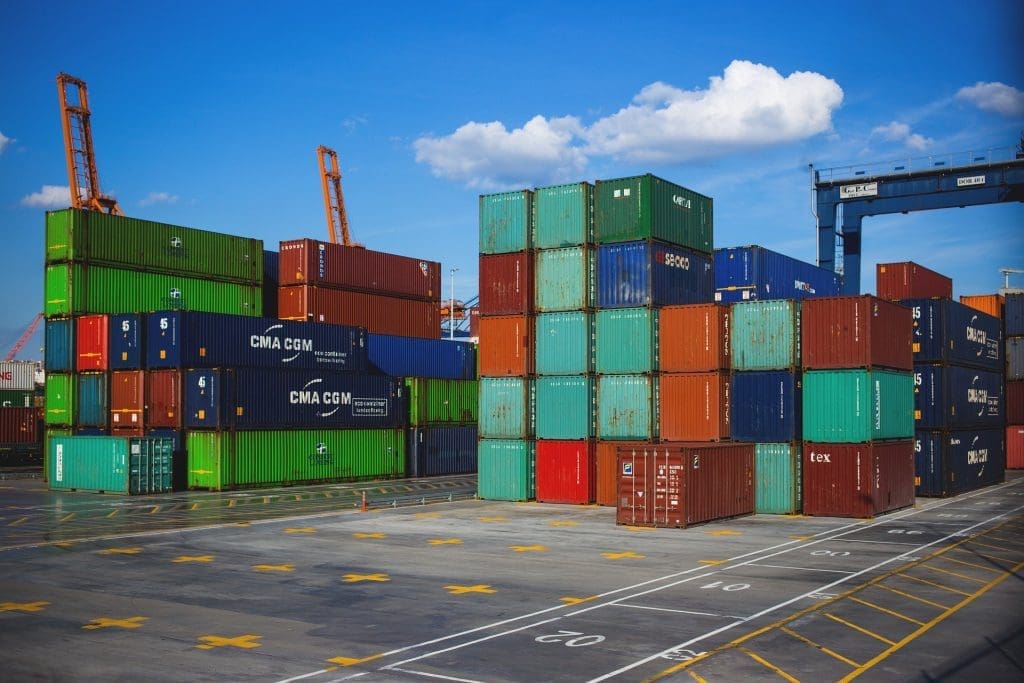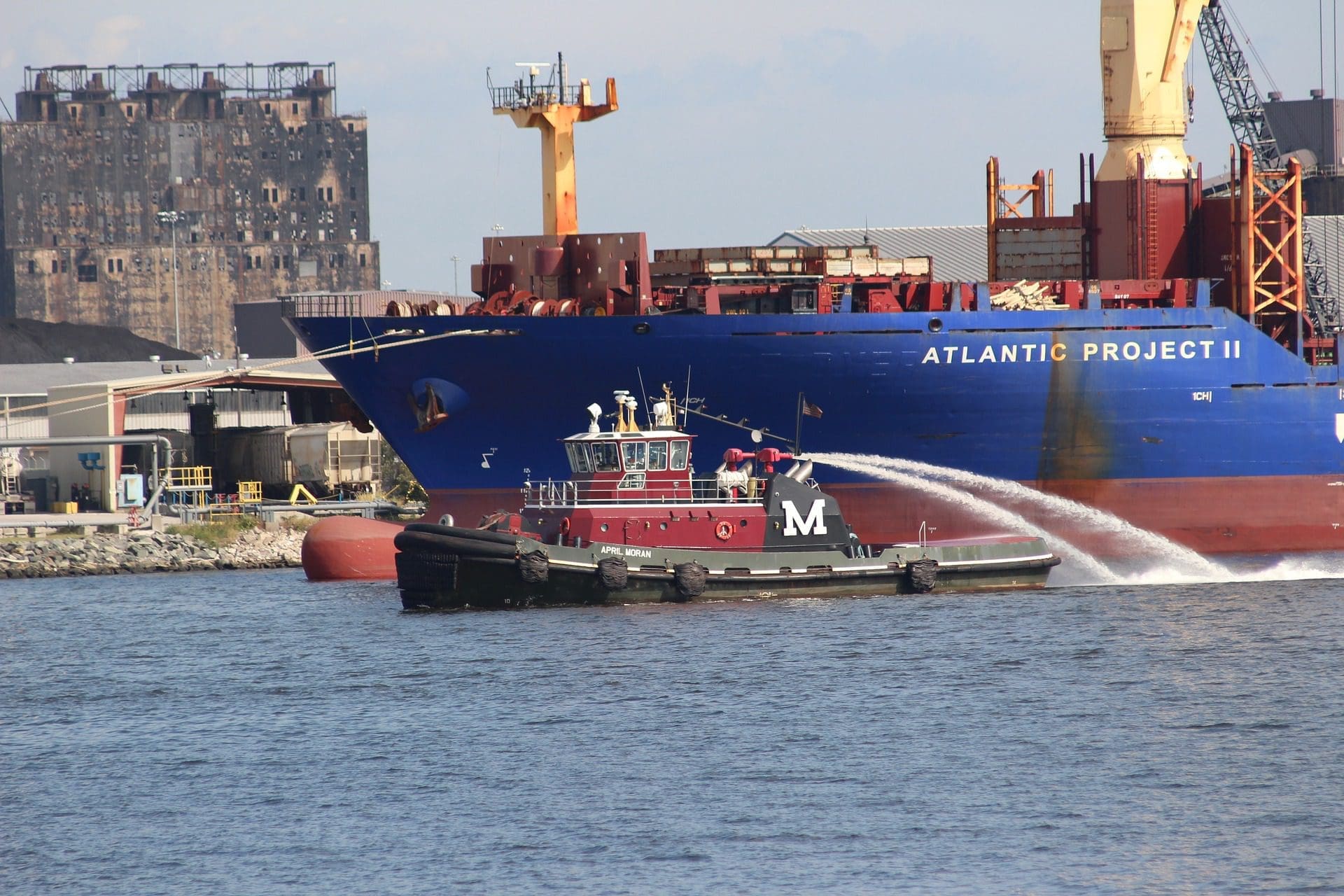You must be thrilled to hear of the profession that deals with managing ships, but to be true, it is not an easy task. Shipping management includes several tasks that are to be carried out before, during, and after the operation of sailing. In this blog, you will find the career options that a management course in shipping holds for you to help you decide if this program is right for you.
Purchasing Manager

They are recruited to manage the purchase of ship spares and supplies, for which they are required to coordinate between the technical team and ship-owner clients. Purchasing managers are expected to be capable of working in a dynamic environment, where there are opportunities to travel and be involved with a wide variety of stakeholders. They are experts at bringing out the best solutions to track down vessel spending, as well as monitor and implement effective KPIs whenever needed.
Operations Manager
Shipping Operations Manager, are employed within the Maritime industry, where they are responsible for the day to day operations of a vessel. This further implies that their daily tasks are very hands-on. This career path is considered a very rewarding and interesting position that involves strict analysis and monitoring of operational data to ensure potential problems that must be averted. To be a qualified candidate, you must demonstrate a good level of experience in managing people and executing performance assessment.
Inventory Manager

Inventory Managers, oversee the inventory levels of shipping businesses. They lead a team of inventory (warehouse employees) to receive and document new stocks as they are delivered and shipped out. Their duties may also include bookkeeping of daily deliveries, evaluating new shipments, and determining potential suppliers. Employers in this sector look for candidates with outstanding record-keeping, analytical abilities, organizational, and problem-solving skills.
Supply Chain Planner
These professionals are responsible for overseeing the process of coordinating assets to optimize the delivery of goods and services. They analyze information coming from the suppliers to the customers, as well as working towards balancing supply and demand. Their day-to-day job responsibilities include tasks related to distribution requirements planning (DRP) and multiplant capacity planning.
Logistics Manager

Logistic managers perform a variety of tasks including, supervision of shipping and distribution center, IT and data, supply chain activities, and materials management. They may engage in troubleshooting paperwork with overseas shipping ports, run warehouse inventory reports, and conduct meetings with customs brokers to negotiate better transportation rates.
If you are interested in landing any of the above-mentioned job opportunities, choose a Shipping Management course to further your academic career. Send in your application soon! It is never too late to go back to school.
Featured Image by Gary Cassel from Pixabay





